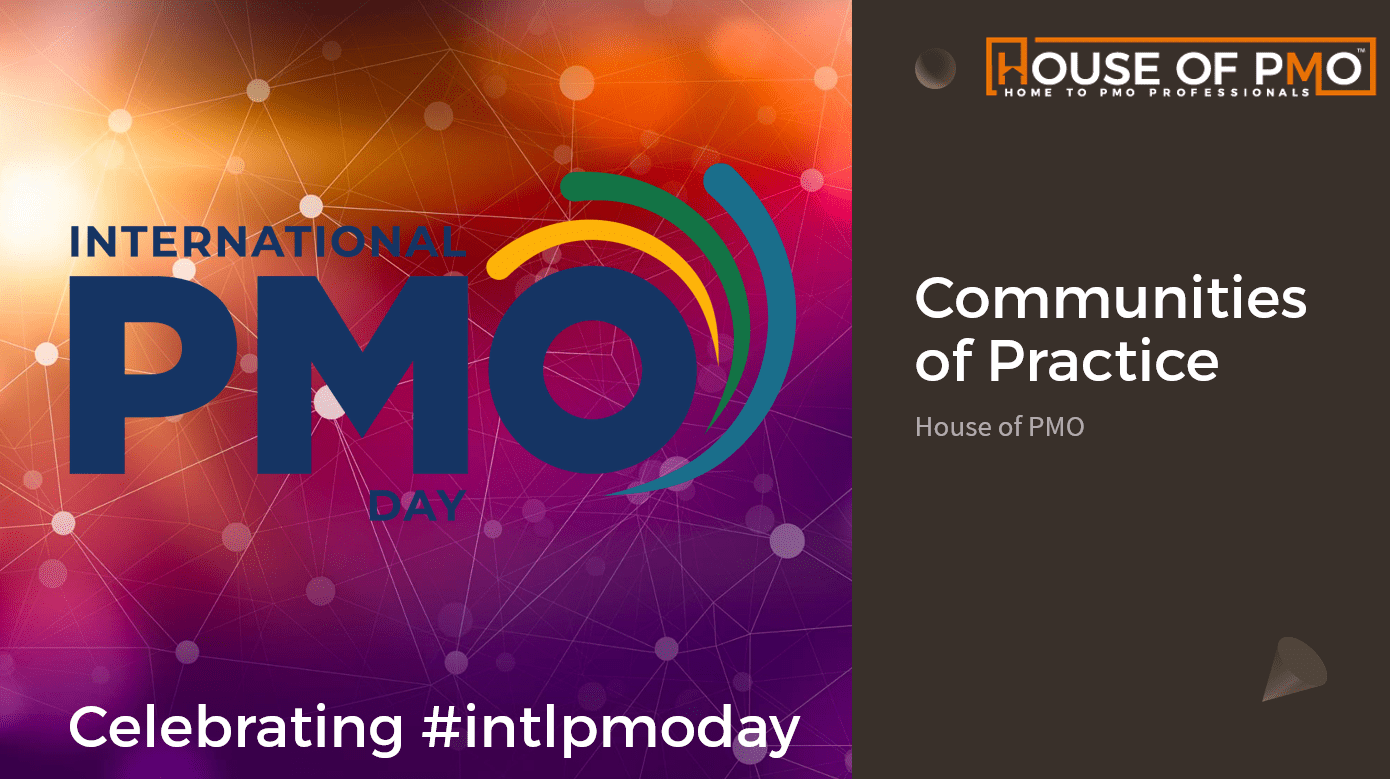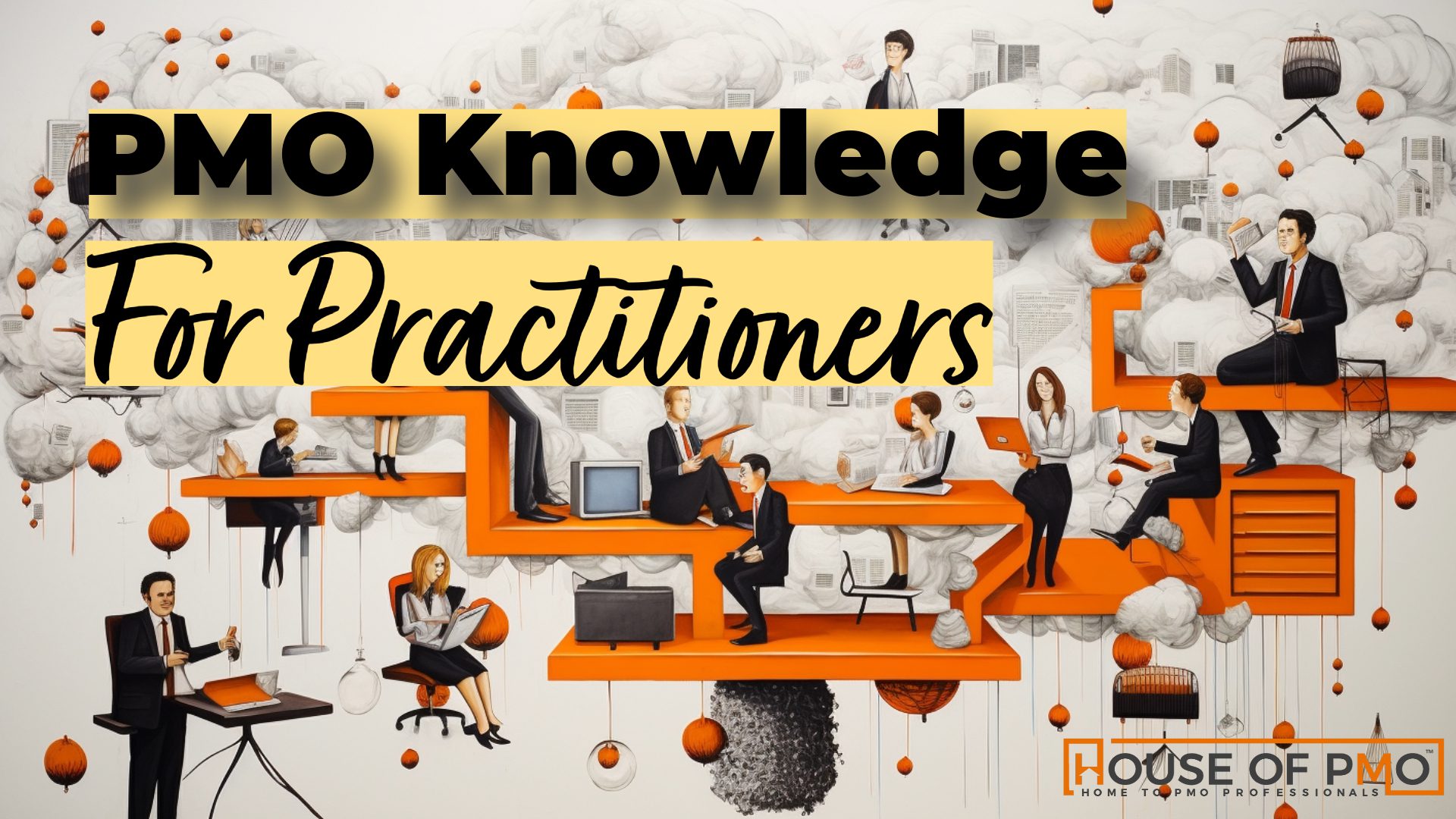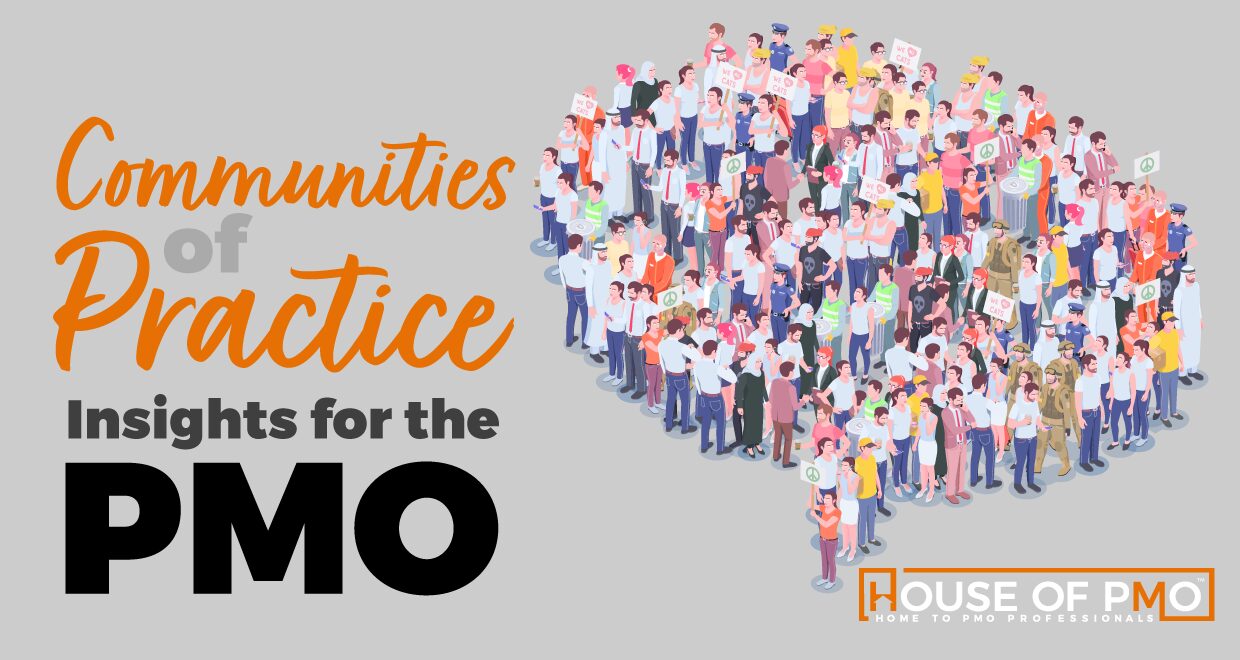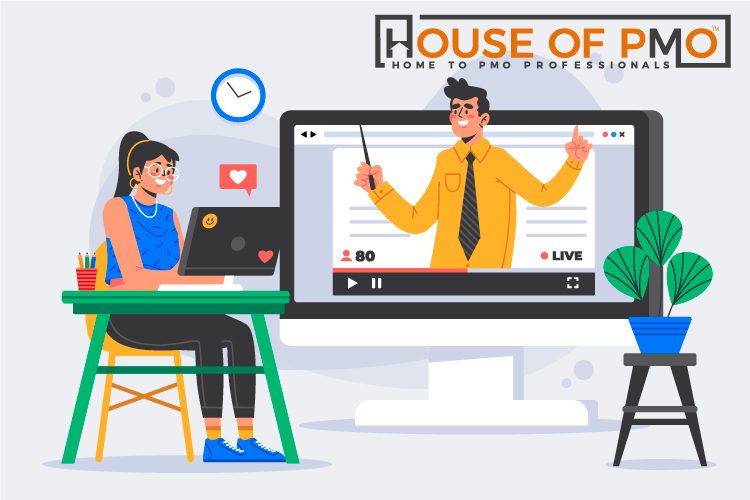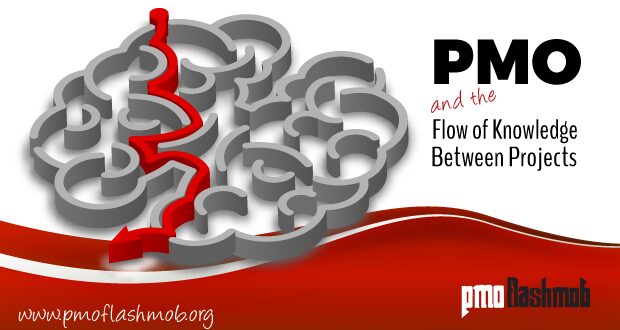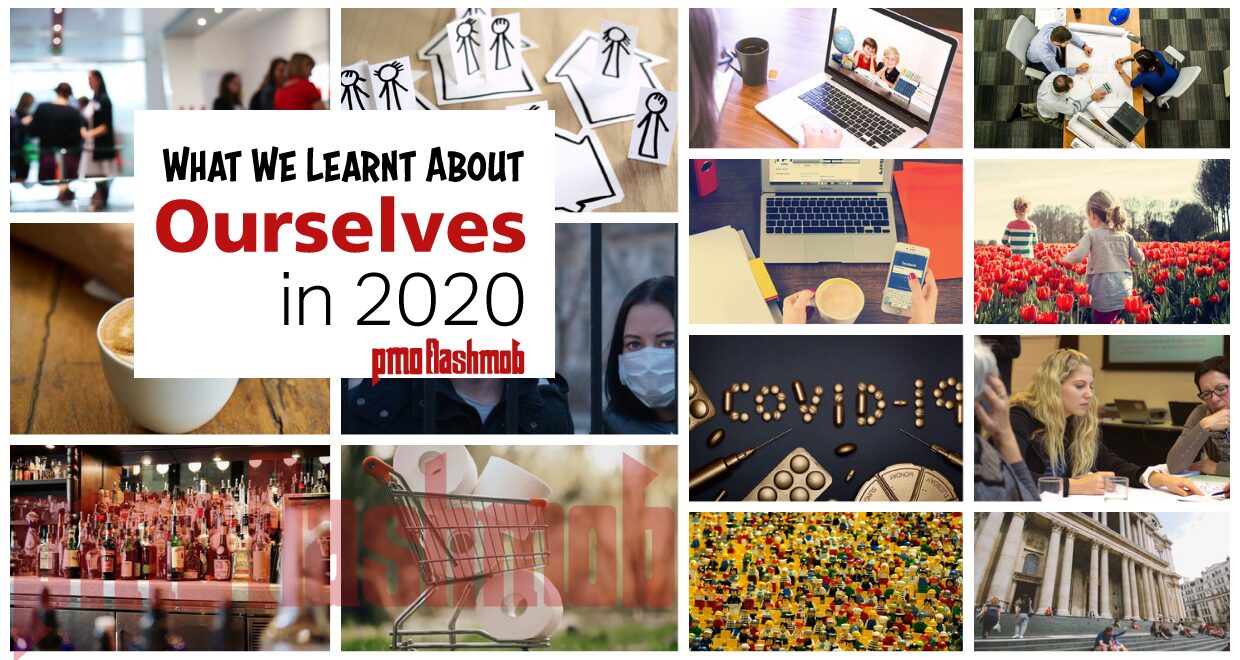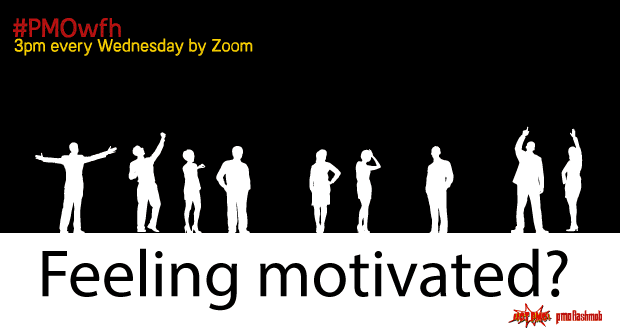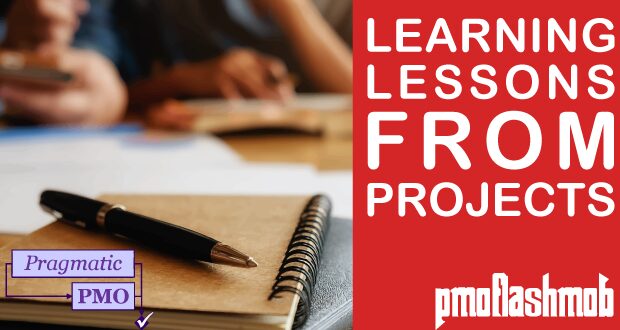Discover how journaling can enhance self-awareness, decision-making, and team dynamics in PMO roles. Learn simple techniques, tools, and benefits of journaling as a personal and professional growth habit.
Go to article
Explore how PMOs can drive continuous learning by leading Communities of Practice. Learn practical steps to initiate, support, and sustain CoPs that improve PMO and project delivery performance.
Go to article
Discover the 16 key knowledge areas from the PMO Competency Framework. Learn how to develop PMO knowledge, understand explicit vs tacit knowledge, and build the capabilities needed to thrive in any PMO role.
Go to article
Within the PMO Competency Framework, communities of practice (CoP) are mentioned in two different competency areas.
The first one is knowledge management and the second is capability development. Communities of practice are created within organisations today to help share knowledge between people within the organisation and to also help them develop, using communities of practice as a form of social learning and social interaction. Find out more about them in this article.
Go to article

According to the poll taken during this session on Lessons Learnt About Lessons Learnt, only 50% of projects in our participant's organisations have a lessons learnt approach as part of their project management delivery methods. Personally, I was surprised at how low that was.
You can't deny that learning lessons from everything we do - in our own lives as well as at work - just makes sense. Taking the time to think about and reflect on how we've done something - whether that's successful or not - should mean we come at a similar or related challenge in the future just that little bit wiser about how we'll tackle it.
Projects and project management are ripe for insights and little nuggets that help smooth the path for future projects - after all, the methods and ways of working in project management have all come from someone's previous lessons on what has worked and what definitely hasn't.
In this PMO Flashmob session about Lessons Learnt, we heard from PMO professional Ken Burrell. Ken is passionate about Lessons Learnt, so much so he wrote a book on it -Learning Lessons from Projects: How it works, why it goes wrong, and how you can do it better - so who better to help PMO professionals understand more about what we can be doing to better support our organisations in this area of Knowledge Management.
Go to article
Explore how PMOs can become the engine of knowledge sharing across projects. Based on academic research, discover frameworks, insights, and practical roles PMOs can play to enable learning and improve project outcomes.
Go to article
Discover how PMO Flashmobbers used the LearnBySharing™ technique in a virtual retrospective to capture personal and professional lessons from 2020. A practical, engaging tool for your PMO team.
Go to article
From our weekly #PMOwfh we asked the question - How Do PMO People Stay Motivated Right Now? -and you let us know!
Go to article
PMO expert Ken Burrell shares practical, engaging ways to boost lessons learned processes. Discover tips on building learning cultures, storytelling, and using marginal gains to improve project performance.
Go to article


